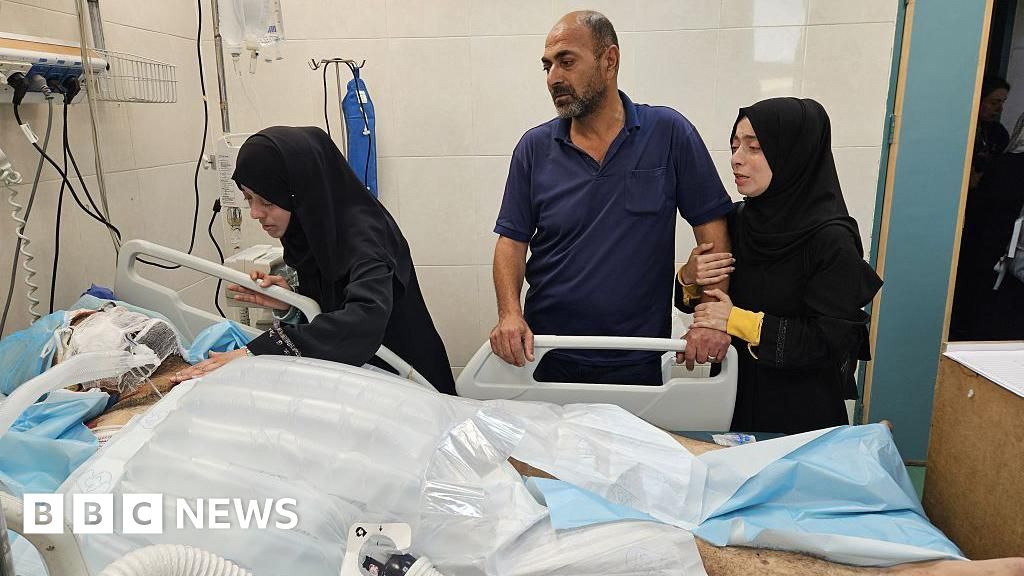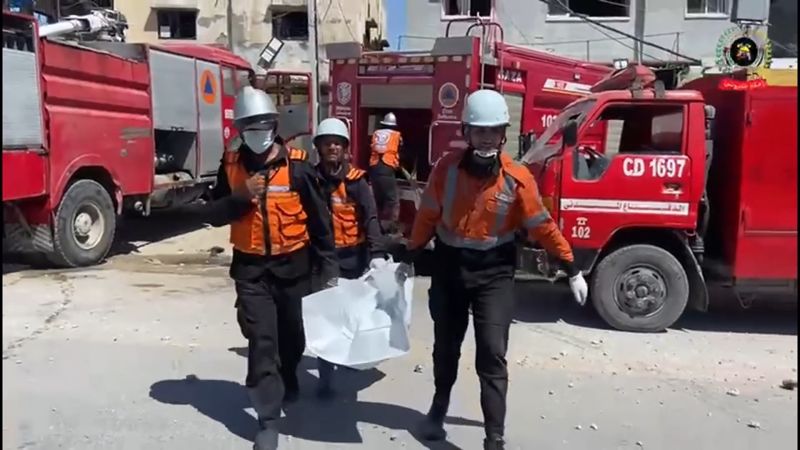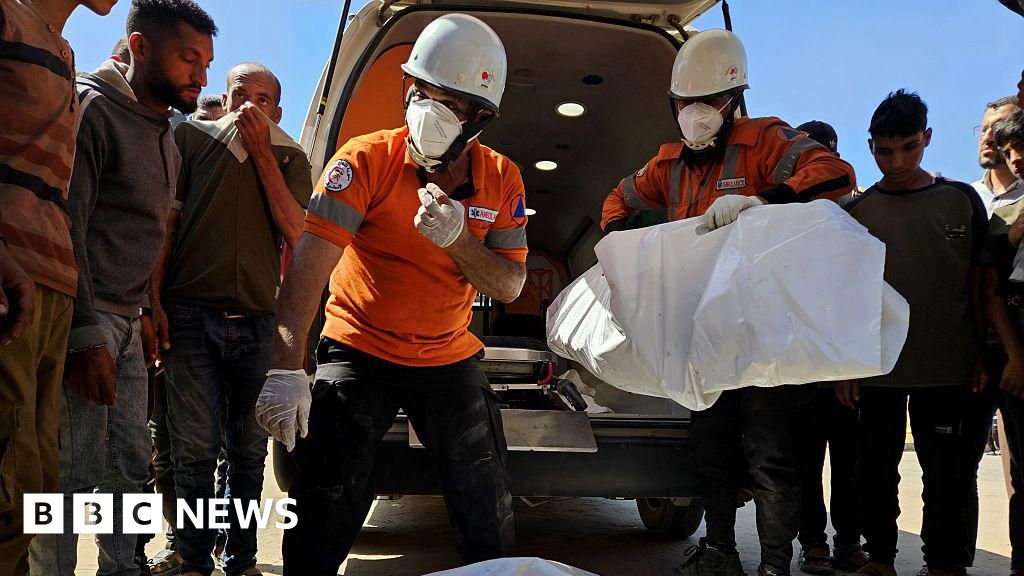Collateral morality: on the killing of Dr Alaa al-Najjar's nine children and the political bankruptcy it reveals - occupied Palestinian territory | ReliefWeb
By Iain Overton
In Gaza, death has become so routine that even its most obscene iterations barely make the news.
But the airstrike that killed nine of Dr Alaa al-Najjar’s ten children broke through the veil of the limits of our blunted empathy. Not because it was worse than other families wiped out – to weigh one grief against another being something that leads to dark places – but because it makes the moral vacancy of Israel’s military tactics now impossible for even the most deaf politicians to ignore.
Dr al-Najjar, a paediatrician, was at work in the emergency ward of Nasser hospital in Khan Younis when the strike hit her home. Her husband had just dropped her off. Their children, the youngest still in pyjamas, were at home, likely eating, or sleeping, or drawing – doing all the things children do when they are not under the terrible trajectory of a missile.
Within hours, their small broken bodies were pulled from the rubble.
Doctors at Nasser hospital spoke not of combatants or crossfire, but of charcoaled remains and a boy – Adam, age eleven – lying on the operating table with one arm hanging by a thread.
The Israeli military offered its standard refrain: a strike on “a number of suspects operating from a structure adjacent to IDF troops.” The civilian casualties, it added, were under review.
Such language has now become so rehearsed that it now reads less like a statement and more like a template.
That, in itself, is the problem.
Over 35,000 people have been killed in Gaza since the war began in October 2023. More than 16,000 of them are children, according to the territory’s health ministry.
No evidence has emerged that Dr al-Najjar or her husband, also a doctor, had any military ties. Aid workers at the hospital confirmed they had no political affiliation and no social media presence. They were, by every account, ordinary citizens. Their children are now dead.
Israel’s war in Gaza is framed as a campaign to dismantle Hamas. But its tactics reveal something else: a strategy increasingly detached from precision, legal proportionality, or coherent political endgame. In the name of destroying Hamas, entire families are wiped out in seconds. Neighbourhoods are razed. Famine is engineered. And still the group’s leadership remains largely intact.
This is not just poor strategy.
It is moral self-immolation.
The killing of the al-Najjar children might not even be the worst atrocity committed in this war. That, in itself, is a measure of how far the bar has fallen. But it is emblematic. Of a campaign that devalues Palestinian life to the point of irrelevance. Of a campaign that accepts civilian death not as a tragic cost but as an operational constant. Of a campaign that shows Israel’s military strategy governed less by international law than by the logic of impunity.
Israel remains confident that it can continue down this path without serious consequence. And for good reason. The United States and the United Kingdom continues to supply weapons. European allies mutter concerns, but impose no meaningful red lines. The international system groans with condemnation, but does nothing to enforce it.
The result is a global order that punishes the weak and protects the strong, however lawless. Israel, for now, still enjoys the protection of that order. But there are costs. Each strike that kills civilians on this scale erodes the legitimacy of not only Israel’s campaign, but the legal norms it claims to operate under.
It also empowers the narrative of Hamas. For every Adam that survives, maimed and alone, there are communities radicalised, grievances deepened, and futures hardened into vengeance. This is not a path to security. It is a blueprint for endless war.
A government serious about defeating Hamas would know this. It would understand that the only victory worth claiming is one in which civilians are protected, not incinerated. That the legitimacy of a cause is measured not only by the enemy it fights, but by the lives it chooses not to destroy.
Instead, Israel’s war effort has embraced with abandon a doctrine of devastation.
It asks its allies to excuse mass civilian casualties as regrettable necessities.
But the killing of Dr al-Najjar’s children is not a regrettable necessity. It is a policy failure, a strategic error, and a moral disgrace.
And if Israel’s allies continue to enable it, the disgrace will be theirs as well.











